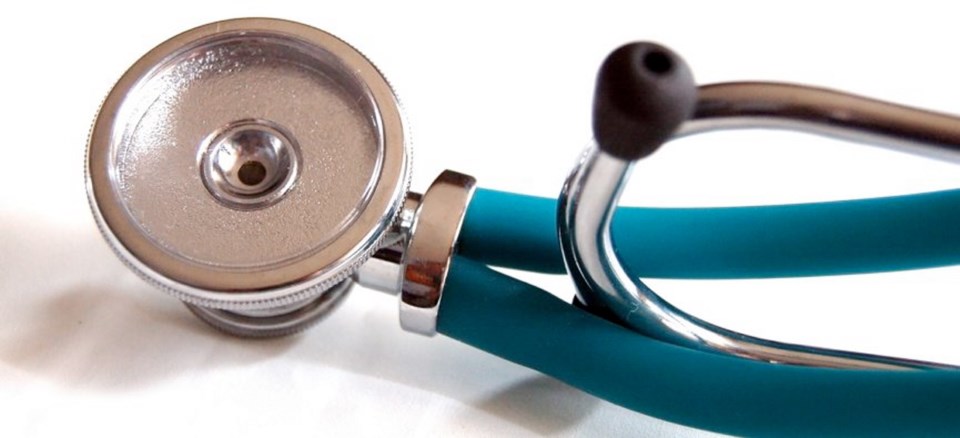Esquimalt is far from alone in dealing with a critical shortage of family doctors, says the president of Doctors of B.C.
Dr. Eric Cadesky said communities across the province are struggling with issues similar to those highlighted by Esquimalt Mayor Barb Desjardins, who says her community is facing a “medical crisis.”
“Whether it’s the north, the Interior, the Island, the ever-more-expensive urban areas, the primary care crisis and the shortage of physicians and the issues with access are common across the province of British Columbia,” he said.
Cadesky said the province is in the midst of a “perfect storm” caused, in part, by governments decades ago making the poor decision to train fewer doctors.
“And we still haven’t caught up,” he said. “We’re still every year about 170 doctors short of where we should be in terms of training people to replace those that are leaving.
“The doctors that are trained — they’re facing increased demands both in terms of how complex the health-care needs are of our communities and, as well, the increased administrative burdens that are being placed on doctors.”
The result, he said, is that doctors are experiencing higher rates of burnout. “We’re also seeing doctors are not choosing community practice at the rates that we would like.”
Cadesky said part of the solution is to alleviate some of the financial burdens on doctors and support them to work in teams with other health professionals.
“In a given day, I will perform the services of a social worker, a physiotherapist, a dietitian,” he said. “If I was supported to work in teams, that would allow me to focus more on the things that, as a doctor, only I can do.”
Cadesky said communities like Esquimalt can do a lot at the local level to address some of the issues and encourage team-based care.
“Some communities have tried to help doctors with that burden that they have of paying for the infrastructure perhaps and helping to provide a facility, providing incentives for people to practise and to work in teams,” he said.
“There are so many wonderful communities and when they provide incentives to have people come and work in those communities, a lot of the time people stay.”
Clay Barber, executive director of the South Island Division of Family Practice, said Esquimalt could create a primary care working group similar to one in Sooke, chaired by the mayor, that brings together elected officials, physicians and other leaders to identify issues and find solutions.
“We’ve replicated that in Langford and that’s what we’re also proposing for Esquimalt,” he said.
Barber agreed with Desjardins that Esquimalt is facing a crisis, but he said so are communities on the West Shore where a long-standing shortage of doctors has been exacerbated by rapid growth. “I would say it’s absolutely a crisis, but it’s not unique to Esquimalt.”



